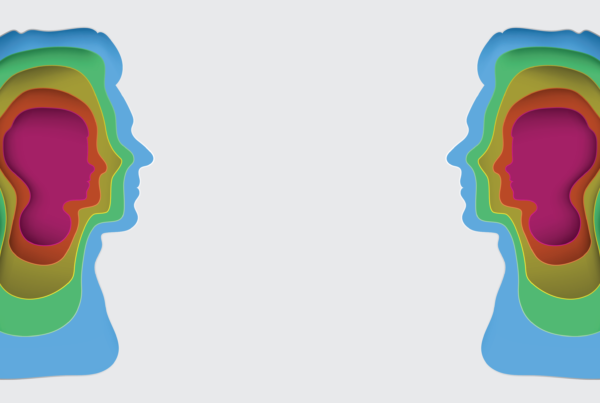Women are victimized in America every day.
- 1 in 3 women have experienced some form of physical violence by an intimate partner.
- 1 in 5 women have been raped during their lifetime.
- 1 in 14 women have been sexually assaulted by someone other than an intimate partner.
- Women experience about 4.8 million intimate partner-related physical assaults and rapes every year.
Young girls are victimized during childhood.
- One in 3 girls are sexually abused before the age of 18.
- In 2019 there were 337,000 reported incidents of female child abuse (note that many incidents go unreported).
- An estimated 10% of girls under the age of 18 have been physically abused.
- 3 out of 10 teenage girls are bullied.
Women in America are sexually harassed every day.
- 60% of women have experienced sexual harassment.
- Almost half of all employed women have experienced harassment at work.
- One survey indicates that over 90% of all women have received unwanted and uninvited sexual remarks.
- Approximately 18% of all women have been date raped.
Discrimination and misogyny are commonplace.
- Professional women earn only 73% of what equally educated and experienced men make in their professions.
- Almost 60% of working women earn less than $8 per hour.
- 42% of women in America have been victimized by gender discrimination.
- Studies show that over 70% of all women have been victims of gender prejudice and misogyny.
More women are victims of affairs and infidelity by their male partners.
- Over 60% of men have affairs during marriage.
- Men are more likely than women to have multiple affairs.
- The gap widens after age 40: The rate of infidelity among men increases significantly after age 40, while the rate of women having affairs levels off and begins dropping.
- The regular use of pornography and online “dating” activity is much higher among men (most research data report 70-90% of porn use is by men). Many women consider this behavior to be a form of infidelity or an emotional affair.
The Consequences and Impact on Women
Women suffer significantly higher rates of depression, anxiety, and other mental health disorders than men. It’s no wonder. The experiences listed above are known to be serious and sometimes life-threatening emotional and psychological traumas. Trauma is a leading cause of severe emotional and psychological disorders. There is no doubt that the victimization of women results in a high incidence of anxiety and depressive disorders, PTSD, eating disorders, and a host of other mental and emotional problems.
When Women Perpetuate the Role of Victim
Women suffer greatly from these traumatic experiences. However, some women unconsciously maintain the role of victim – they recreate the negative consequences of victimization. Some women develop a victim mentality, and they suffer emotional distress and develop destructive behavior patterns. Patterns that result in relationship problems and other forms of maladjustment, including depression, anxiety, addictions, and eating disorders.
In the role of victim, women do not see themselves as responsible for their situation. Of course, women are absolutely not responsible for being victimized by harassment, abuse, discrimination, or infidelity. However, if a victim mentality develops, everything “just “happens to me”, and these women don’t believe they have any control. In the ongoing role of victim, they feel attacked, unloved, betrayed, mistreated, powerless, and unable to choose responsibly. In the role of victim, women may practice manipulative behavior impulsively and unconsciously. There are 3 major types of victim role:
- Passive victim – Characterized by feelings of helplessness and hopelessness. Passive victims feel victimized but take no action to remedy the situation.
- Angry victim – These individuals blame and complain, and they do not see themselves as responsible for their situations.
- Righteous angry victim – Similar to angry victims, with a great deal of justification and righteousness. These victims know they are right and expect others to remedy the situation because others are wrong or responsible.
Empowering Women
Therapy empowers women to love themselves and to take full responsibility for their lives and relationships. Fully actualized women learn assertiveness, accountability, healthy boundaries, self-care, responsiveness, empathy, and forgiveness.
We work with women to heal the traumatic wounds of the past and to embrace a life of personal and relational empowerment.







